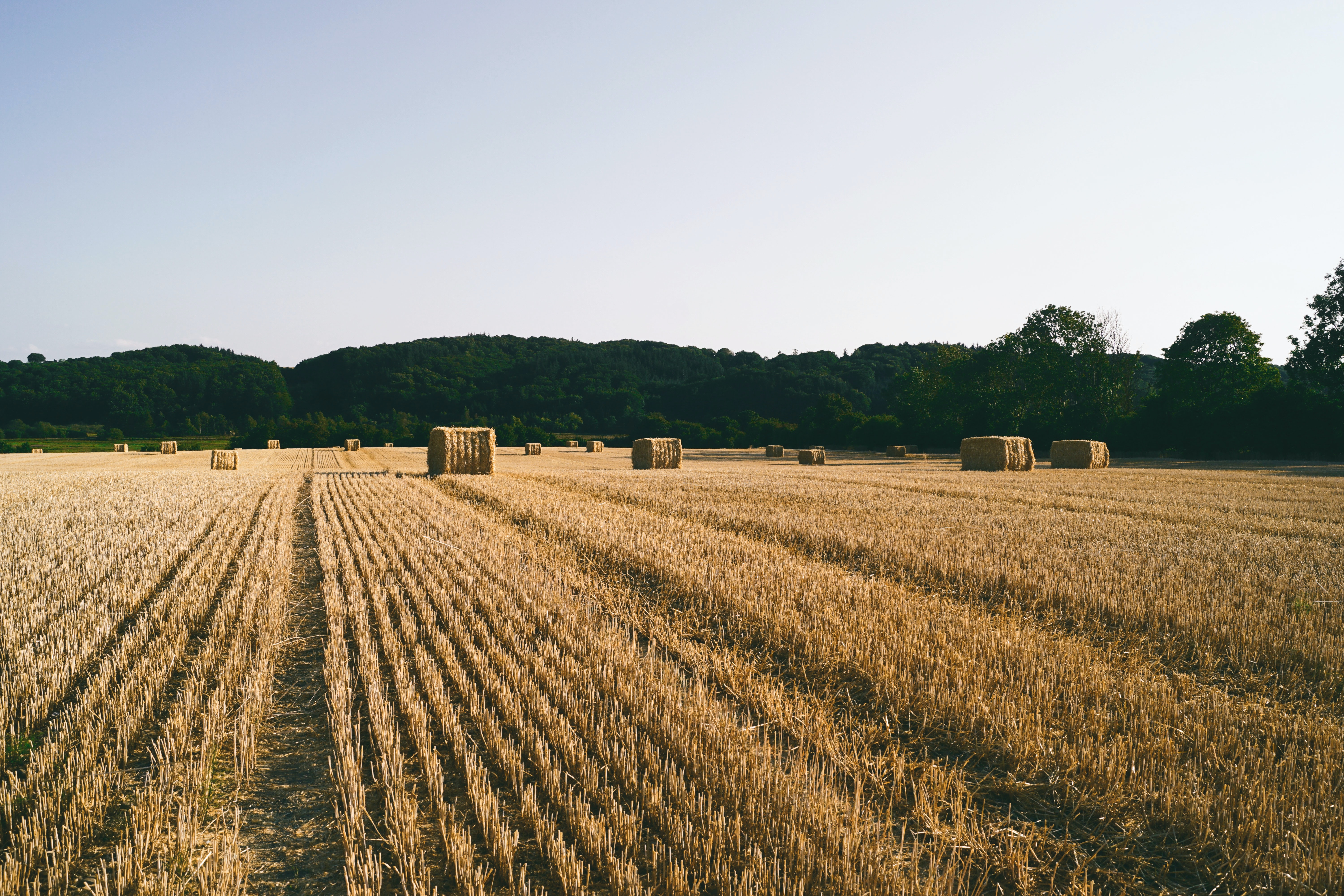By Bread AloneParaugs


Blessing and Curse
By the sweat of your face you shall eat bread until you return to the ground, for out of it you were taken; you are dust, and to dust you shall return. (NRSV)
Bread historian William Rubel writes of bread as the simultaneous blessing and curse on humanity. The labor required to bake bread—growing, harvesting, threshing, and grinding grain into flour, mixing up dough and waiting for it to rise, tending to the fire—is much. At the same time, bread has been the core of the human diet for most of history. It has sustained humanity and even served as the very sign of God’s presence among us.
Bread makes its first appearance in Genesis 3:19: “By the sweat of your face you shall eat bread.”
In the first two chapters of Genesis, God creates a beautiful, delicious world and gives the first humans a simple task: to take care of it, to enjoy the fruits of God’s tasty world—and honor its limitations too. But these first humans failed to respect the boundaries they were given, and in Genesis 3, God speaks a curse over the land. Still, hidden within that curse is a gift as well: the gift of bread.
Some translations use the word “food” instead of “bread” here, but the immense labor required to transform wheat into bread best reflects the ramifications of this curse. It also illuminates the beauty of the imagery of bread woven all throughout Scripture: stories of God offering bread back to God’s people with less and less of the pain of the curse. A blessing freed from the pain of toil.
Though few of us grow our own wheat, transform that wheat into flour and that flour into dough, then tend a fire to transform that dough into bread, we still experience the simultaneous blessing and curse of bread. From stomachs that struggle to digest gluten to global wheat shortages that lead to starvation, bread serves as a reminder that creation still groans under the pain of the fall. At the same time, when Christians break bread together in remembrance of Christ, we trust that God is still at work making all things new.
We taste both the goodness and the brokenness of God’s beloved creation in every bite we eat.
Raksti
Par šo plānu

Bread is an important part of daily life for most people around the world. Whether bought from a store, made at home, or given by a friend, it is known as the staff of life. Breaking bread has long been part of Christian worship, but bread is more than just a handy metaphor in Scripture. It’s the tool used to prove God’s provision for, redemption of, and communion with humanity.
More









